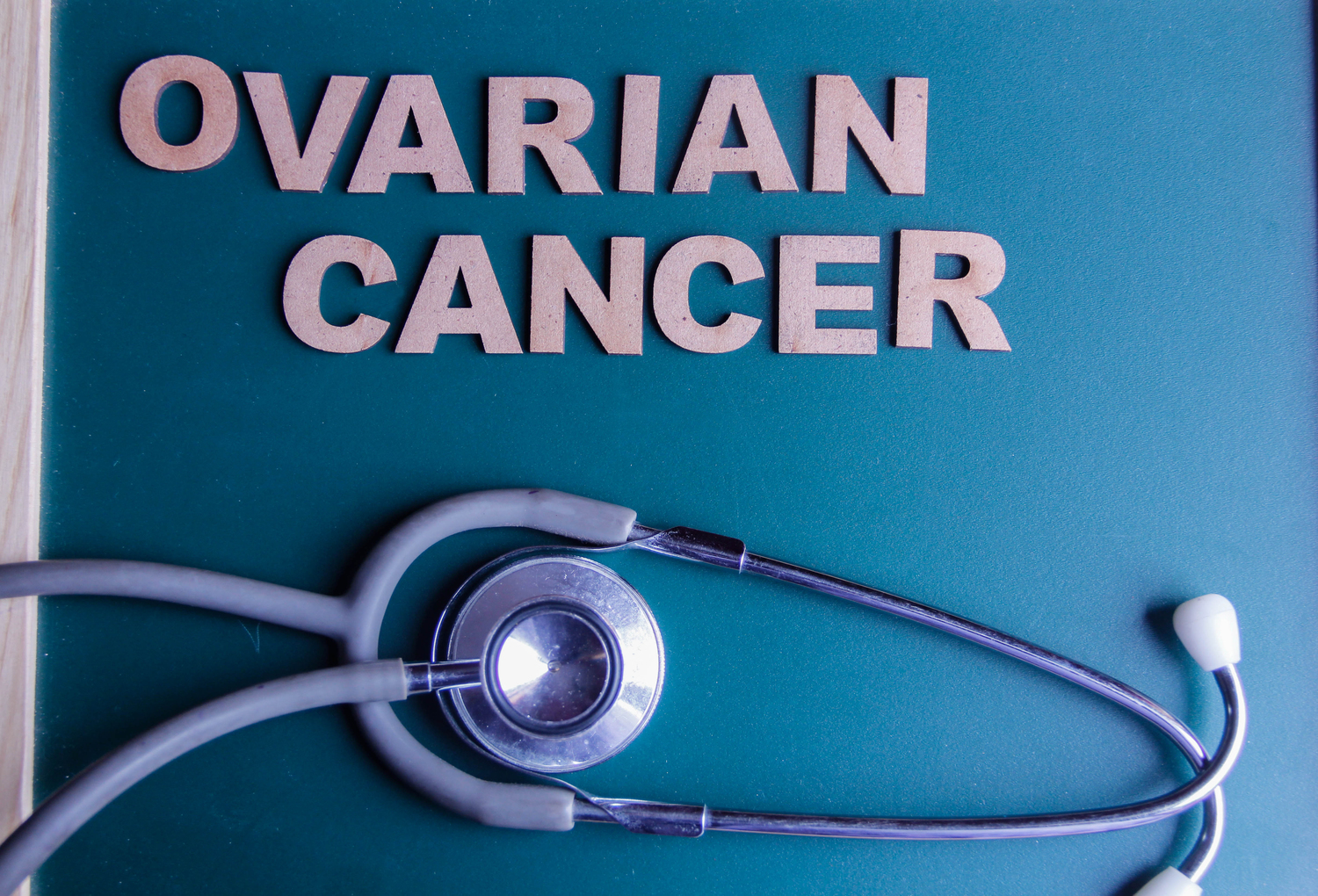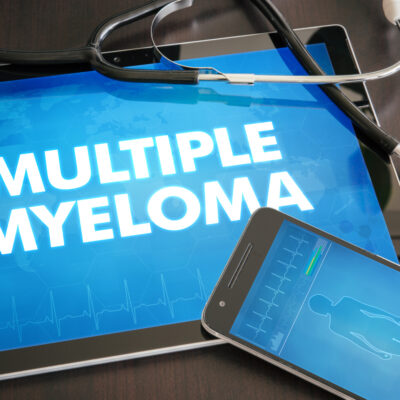
Symptoms, causes, and prevention of ovarian cancer
The ovaries, responsible for the production of eggs and hormones, are a part of the female reproductive system. About the size of an almond each, there are two ovaries present in the reproductive system. As the name suggests, ovarian cancer originates in the ovaries. Often going undetected during the initial stages, this cancer can spread to the pelvic and abdominal regions. It is harder to treat ovarian cancer once it progresses to an advanced stage.
Symptoms
While initial stages of cancer hardly cause any symptoms, an advanced stage may show signs that can often be mistaken for common health conditions. The usual symptoms for ovarian cancer are as follows:
- Abdominal swelling
- Low appetite
- Weight loss
- Uneasy sensation in the pelvis
- Constipation
- Frequent urination
If you, or anyone you know, experience any of the above symptoms, it is wise to consult a doctor immediately. In case you have a family history of ovarian cancer, your doctor might recommend you to a genetic counselor in an attempt to test the risks of your developing ovarian cancer.
Causes
Even though risk factors have been determined, the underlying cause of ovarian cancer is yet to be found. Generally, cancer is the result of cells developing errors in their DNA. These errors are called mutations. The mutations instruct the cells to grow and multiply faster than usual, thus creating a huge amount of abnormal cells. These cells can then infect other tissue groups leading to more tumors.
The factors that can increase your chances of ovarian cancer are as follows:
- Age
While capable of occurring at any age, ovarian cancer usually tends to affect women between the ages of 50 to 60 years.
- Inherited gene mutations
Though a very small percentage, you have a higher chance of developing ovarian cancer if the disease runs in your genes. The genes that usually increase the risk of ovarian cancer are BRCA1 and BRCA2.
- Estrogen hormone replacement therapy
Used to relieve the effects of menopause, estrogen hormone replacement therapy can increase your risk of ovarian cancer , especially if administered over a long period of time, and in large doses.
- Ill-timed menstruation
Your risk of having ovarian cancer can be higher if your menstruation begins at a younger age, or if you reach menopause later than usual.
Prevention
While ovarian cancer cannot be prevented, there are measures that can be taken to reduce the risk.
- Consider birth control pills
Consult your doctor on the viability of birth control pills. It is found that women consuming oral contraceptives have a lower chance of ovarian cancer . Although these pills do have their own risks, have a thorough discussion regarding the benefits and the risks depending on your situation.
- Discuss risk factors
Your doctor should be made privy to your family history of breast or ovarian cancers . This information can help your doctor to select the best possible course of action going forward, to minimize your susceptibility.


